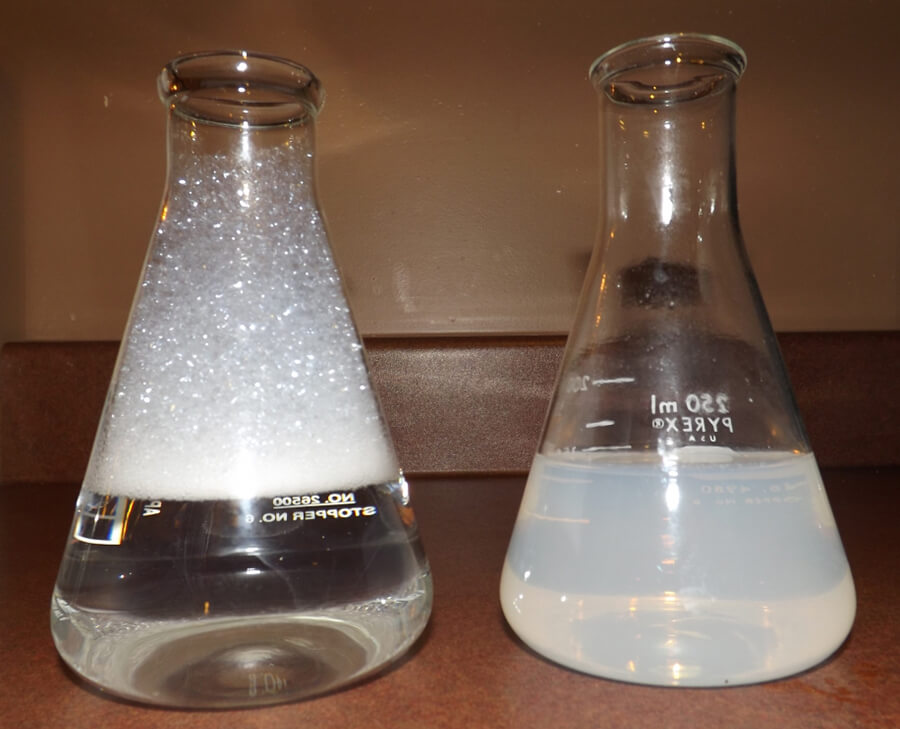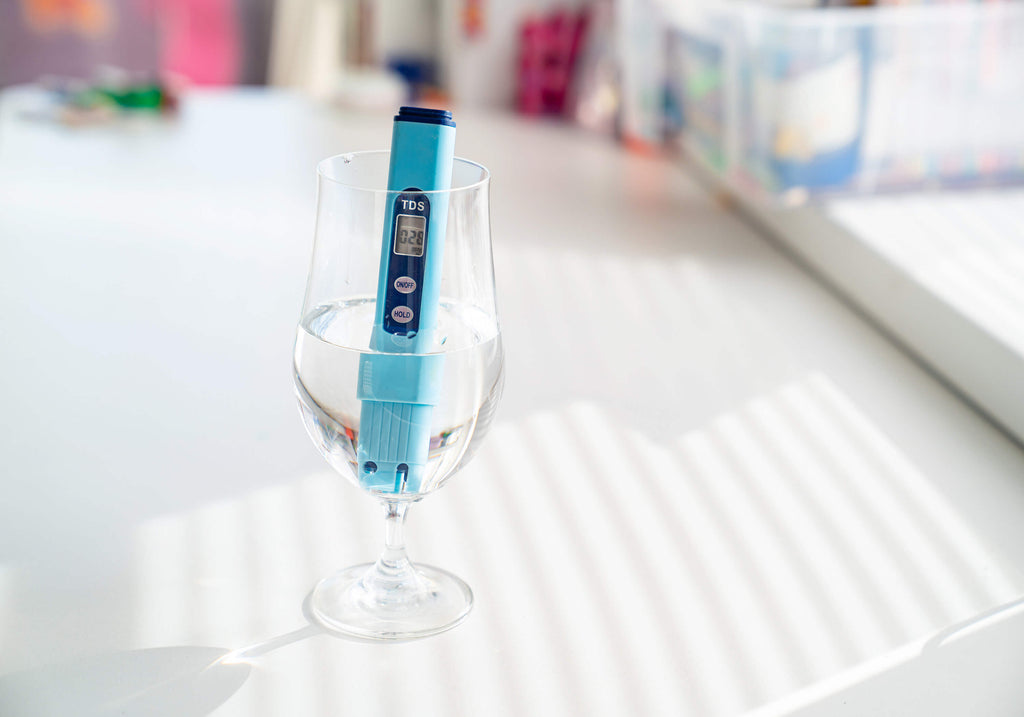3 Simple Techniques For Hard Water Testing
3 Simple Techniques For Hard Water Testing
Blog Article
The 5-Minute Rule for Hard Water Testing
Table of ContentsHow Hard Water Testing can Save You Time, Stress, and Money.Hard Water Testing Can Be Fun For EveryoneThe Single Strategy To Use For Hard Water TestingMore About Hard Water TestingGet This Report about Hard Water TestingGetting The Hard Water Testing To Work
When the water from your shower dries out, natural resources are left behind, triggering your once-shiny, clear shower doors and components to be covered in water spots. Difficult water brings about mineral build-up in your pipelines, components, and devices, which leads to deterioration and water pressure concerns. For example, you may see that your showerheads and taps obtain blocked and do not have the exact same water flow they used to.Scale buildup will certainly obstruct the efficiency of your central heating boiler and water heating system. On top of that, since water will take longer to warm up, it will certainly utilize much more energy and hence boost your utility costs.
Indicators on Hard Water Testing You Should Know
Have you ever before wondered just how to examine water hardness in your residence? The answer could be closer than you think. Tough water is the result of elevated mineral degrees in the groundwater supply. While hard water may be potable water and not always dangerous to your health, it does lead to a variety of unpleasant impacts with which you are possibly familiar.
While there are in-depth examinations that can offer you an accurate and exact procedure of just how tough your water is, identifying whether you have difficult water is a much easier workout. In this article, we're going to describe some easy to recognize tips that can help you identify whether or not you have difficult water.
A few of these are merely unpleasant, while others can impact everything from the performance of your devices to the wetness of your hair and skin - Hard Water Testing. Ultimately, you may be surprised at the many methods that hard water has actually had an effect on your day-to-day live and may want a entire home water conditioner
What Does Hard Water Testing Do?
Difficult water is water that has a high amount of minerals in it. Most of these minerals are generally calcium carbonate and magnesium, however other minerals such as manganese and iron can also be found in tough water examples. The higher the mineral matter in your water, the more challenging your water is thought about.
A higher concentration than this is thought about to be tough water, with differing degrees of solidity designated to various thresholds of calcium carbonate. The development of hard water takes place naturally through an interaction in between water and the soil it travels through. Beginning as precipitation, water is mainly soft, though there may be percentages of minerals included in rains.

The motion of water via the soil and right into the rivers and go to this site aquifers that offer our water system is long and strenuous. As water goes through dirt along the method, it dissolves the bonds of the mineral ions in the dirt. These minerals are then lugged together with the water right into the water that reaches your tap.
How Hard Water Testing can Save You Time, Stress, and Money.
Hard water can also include high levels of iron if it moves through iron-rich soil. Put another way, the presence or lack of minerals in the dirt around a groundwater resource has a direct impact on exactly how difficult the water is.
This is likewise why you might discover that the water feels different when you visit another state or nation. If you are asking yourself just how to gauge water firmness, there are a variety of various examinations you can do to figure out whether your water is hard. Many community water providers also release details regarding what types of minerals and other materials the water piped right into your home has.
An example of a local metropolitan water quality report can be discovered right here (Hard Water Testing). Short of surfing a water high quality report or evaluating the water directly at your tap using a water test set, there are some easy empirical methods that you can make use of to determine if your water is hard
Hard Water Testing for Beginners
If you have actually seen flaky build-up on your fixtures after that you more than likely have tough water. You might have noticed that the nozzles on your shower head become clogged in time. This occlusion results from natural resources left behind go to the website by hard water. The same is real of the nozzles in your dishwasher, which gradually come to be shut off by mineral down payments gradually.
White or grey discolorations often tend to be from calcium carbonate, while areas with a high amount of iron in the water will produce reddish stains on fixtures and faucets. If you are frequently fighting soap scum, you have tough water. Soap residue is a white, filmy layer usually discovered in showers, in sinks, or on shower room fixtures.

Getting The Hard Water Testing To Work
Among these is the result of difficult water on hair. You can evaluate for water hardness by observing your hair hair washed with hard water will begin to create a layer of minerals on the hair roots. This mineral layer has a pair of effects that you may not have also understood were happening.
Usually, hair washed in tough water will, with time, become duller and do not have the vibrancy of hair washed in soft water. Your hair could also be drier when washed with tough water vs. soft water. The minerals deposited by difficult water makes it extra tough for creams to penetrate your hair follicle, resulting in drier hair in time.
If you wash your hands with hard water and soap, you will most likely see that your hands can really feel a little bit completely dry and harsh nevertheless the soap has been visibly gotten rid of, calling for cream or oil. That completely dry sensation is from a slim layer of soap sticking to the hard mineral left and staying with your hand and is a common indication that your water is hard.
Report this page